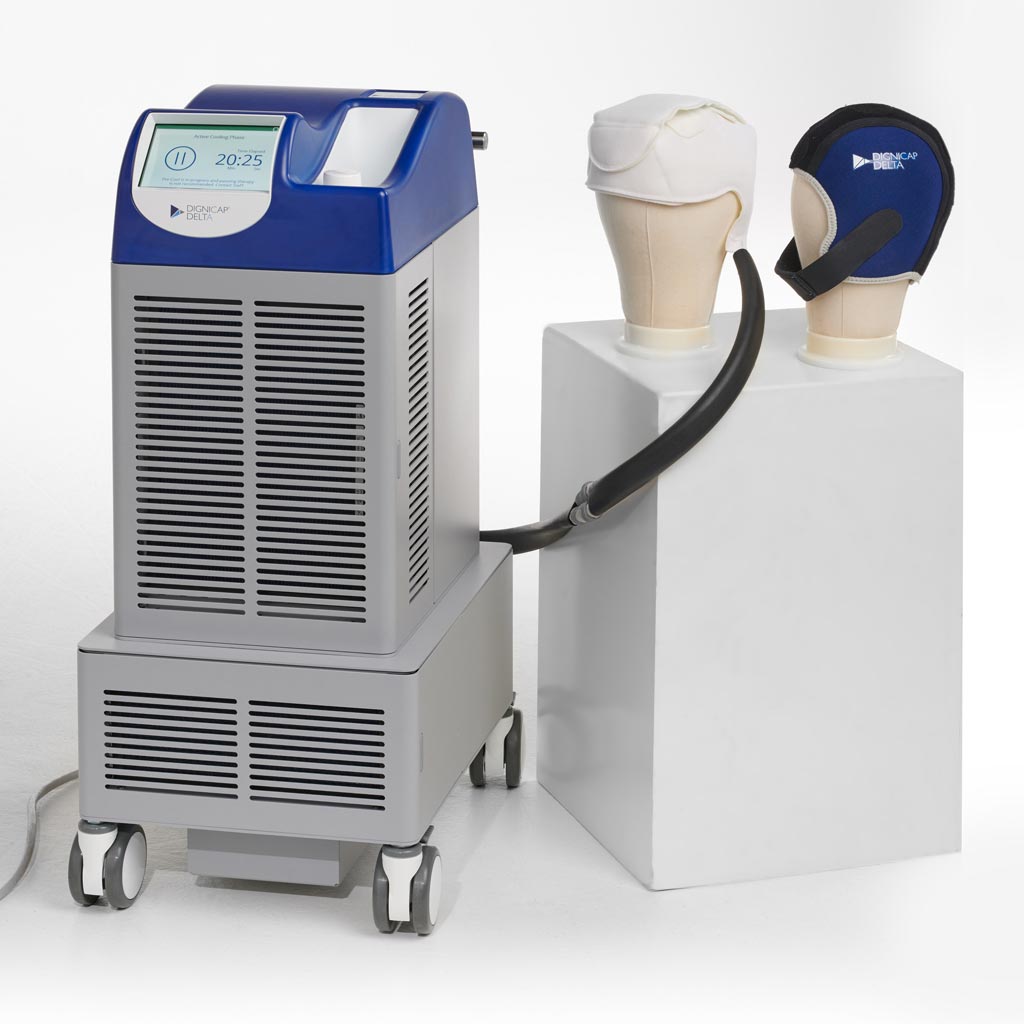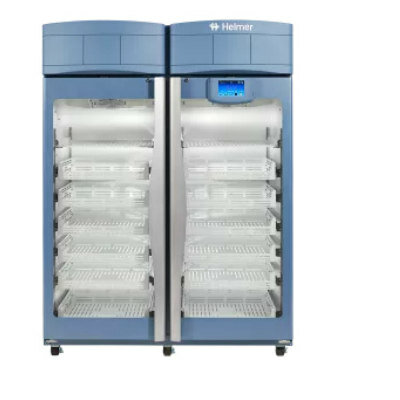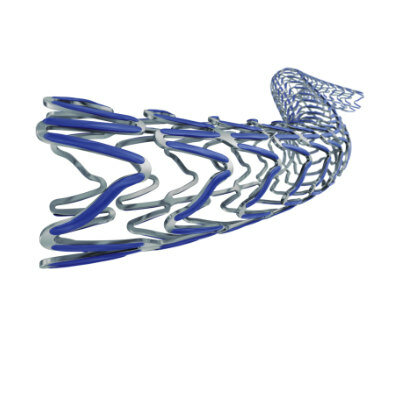Scalp Cooling System Reduces Cancer Patients Hair Loss
|
By HospiMedica International staff writers Posted on 02 Jul 2019 |

Image: The fourth-generation DigniCap Delta scalp cooling system (Photo courtesy of Dignitana).
A fourth-generation medical cooling device offers cancer patients the ability to minimize alopecia (hair loss) during chemotherapy treatments.
The Dignitana (Lund, Sweden) DigniCap Delta scalp cooling system is indicated for the prevention of chemotherapy-induced hair loss in patients with solid tumors. The system works by circulating liquid coolant through a flexible cooling wrap and an adjustable thermal cap that optimize scalp cooling outcomes. The cooling wrap is placed directly on the head to deliver consistent, controlled cooling to the scalp, while the outer thermal neoprene cap insulates and secures it tightly in place, with two built-in sensors continuously monitoring scalp temperature in order to maintain optimal cooling throughout.
Key system features include a quick-disconnect to accommodate bathroom breaks, an intuitive touch screen interface to simplify system operation, and flash memory that makes it possible to save data from each scalp cooling treatment and facilitates software upgrades. A built-in safety sensor ensures cooling temperature does not drop below freezing point. The cooling cap itself is available in multiple sizes to insure a personalized fit, and has a smooth inner surface to enable optimal contact between scalp and cap. Two independently controlled systems can be used for simultaneous treatment of two patients.
“DigniCap Delta changes everything about the way scalp cooling is done today. We are thrilled to offer patients and clinicians this state-of-the-art advancement in cancer care,” said William Cronin, CEO of Dignitana. “The clearance of Delta now provides a clear pathway for growth in the important US market and beyond. It is the biggest step yet in the evolution of Dignitana, and is the result of a tremendous effort from our staff, partner sites, regulatory team and contract manufacturer.”
As the temperature of the scalp is lowered, the subsequent blood vessel vasoconstriction reduces the amount of chemotherapy agents that reach it, as well as reducing uptake of drugs in the hair follicles due to decreased intra-follicular metabolic rate. The combined actions are thought to reduce the effect chemotherapy has on the cells, which may reduce hair loss.
Related Links:
Dignitana
The Dignitana (Lund, Sweden) DigniCap Delta scalp cooling system is indicated for the prevention of chemotherapy-induced hair loss in patients with solid tumors. The system works by circulating liquid coolant through a flexible cooling wrap and an adjustable thermal cap that optimize scalp cooling outcomes. The cooling wrap is placed directly on the head to deliver consistent, controlled cooling to the scalp, while the outer thermal neoprene cap insulates and secures it tightly in place, with two built-in sensors continuously monitoring scalp temperature in order to maintain optimal cooling throughout.
Key system features include a quick-disconnect to accommodate bathroom breaks, an intuitive touch screen interface to simplify system operation, and flash memory that makes it possible to save data from each scalp cooling treatment and facilitates software upgrades. A built-in safety sensor ensures cooling temperature does not drop below freezing point. The cooling cap itself is available in multiple sizes to insure a personalized fit, and has a smooth inner surface to enable optimal contact between scalp and cap. Two independently controlled systems can be used for simultaneous treatment of two patients.
“DigniCap Delta changes everything about the way scalp cooling is done today. We are thrilled to offer patients and clinicians this state-of-the-art advancement in cancer care,” said William Cronin, CEO of Dignitana. “The clearance of Delta now provides a clear pathway for growth in the important US market and beyond. It is the biggest step yet in the evolution of Dignitana, and is the result of a tremendous effort from our staff, partner sites, regulatory team and contract manufacturer.”
As the temperature of the scalp is lowered, the subsequent blood vessel vasoconstriction reduces the amount of chemotherapy agents that reach it, as well as reducing uptake of drugs in the hair follicles due to decreased intra-follicular metabolic rate. The combined actions are thought to reduce the effect chemotherapy has on the cells, which may reduce hair loss.
Related Links:
Dignitana
Latest Critical Care News
- Novel Cannula Delivery System Enables Targeted Delivery of Imaging Agents and Drugs
- Ingestible Smart Capsule for Chemical Sensing in the Gut Moves Closer to Market
- Novel Intrabronchial Method Delivers Cell Therapies in Critically Ill Patients on External Lung Support
- Generative AI Technology Detects Heart Disease Earlier Than Conventional Methods
- Wearable Technology Predicts Cardiovascular Risk by Continuously Monitoring Heart Rate Recovery
- Wearable Health Monitoring Device Measures Gases Emitted from and Absorbed by Skin
- Groundbreaking Technology Rapidly Detects Airborne Influenza Viruses
- Handheld Device Could Transform Heart Disease Screening
- Flexible Semi-Autonomous Robot Could Deliver Medicine Inside Body

- Neurorestorative Treatment Strategies Hold Promise for Most Severe Forms of Epilepsy
- Gene Discovery Could Help Grow New Heart Arteries
- Study Discovers Invisible Transmission of Common Hospital-Associated Infection
- Non-Invasive Neuro-Ophthalmology Techniques Could Detect Brain Tumors Earlier
- Mass Manufactured Nanoparticles to Deliver Cancer Drugs Directly to Tumors
- World’s Smallest Pacemaker Fits Inside Syringe Tip

- AI-Powered, Internet-Connected Medical Devices to Revolutionize Healthcare, Finds Study
Channels
Surgical Techniques
view channel
Pioneering Sutureless Coronary Bypass Technology to Eliminate Open-Chest Procedures
In patients with coronary artery disease, certain blood vessels may be narrowed or blocked, requiring a stent or a bypass (also known as diversion) to restore blood flow to the heart. Bypass surgeries... Read more
Intravascular Imaging for Guiding Stent Implantation Ensures Safer Stenting Procedures
Patients diagnosed with coronary artery disease, which is caused by plaque accumulation within the arteries leading to chest pain, shortness of breath, and potential heart attacks, frequently undergo percutaneous... Read more
World's First AI Surgical Guidance Platform Allows Surgeons to Measure Success in Real-Time
Surgeons have always faced challenges in measuring their progress toward surgical goals during procedures. Traditionally, obtaining measurements required stepping out of the sterile environment to perform... Read morePatient Care
view channel
Portable Biosensor Platform to Reduce Hospital-Acquired Infections
Approximately 4 million patients in the European Union acquire healthcare-associated infections (HAIs) or nosocomial infections each year, with around 37,000 deaths directly resulting from these infections,... Read moreFirst-Of-Its-Kind Portable Germicidal Light Technology Disinfects High-Touch Clinical Surfaces in Seconds
Reducing healthcare-acquired infections (HAIs) remains a pressing issue within global healthcare systems. In the United States alone, 1.7 million patients contract HAIs annually, leading to approximately... Read more
Surgical Capacity Optimization Solution Helps Hospitals Boost OR Utilization
An innovative solution has the capability to transform surgical capacity utilization by targeting the root cause of surgical block time inefficiencies. Fujitsu Limited’s (Tokyo, Japan) Surgical Capacity... Read more
Game-Changing Innovation in Surgical Instrument Sterilization Significantly Improves OR Throughput
A groundbreaking innovation enables hospitals to significantly improve instrument processing time and throughput in operating rooms (ORs) and sterile processing departments. Turbett Surgical, Inc.... Read moreHealth IT
view channel
Printable Molecule-Selective Nanoparticles Enable Mass Production of Wearable Biosensors
The future of medicine is likely to focus on the personalization of healthcare—understanding exactly what an individual requires and delivering the appropriate combination of nutrients, metabolites, and... Read more
Smartwatches Could Detect Congestive Heart Failure
Diagnosing congestive heart failure (CHF) typically requires expensive and time-consuming imaging techniques like echocardiography, also known as cardiac ultrasound. Previously, detecting CHF by analyzing... Read moreBusiness
view channel
Expanded Collaboration to Transform OR Technology Through AI and Automation
The expansion of an existing collaboration between three leading companies aims to develop artificial intelligence (AI)-driven solutions for smart operating rooms with sophisticated monitoring and automation.... Read more
















